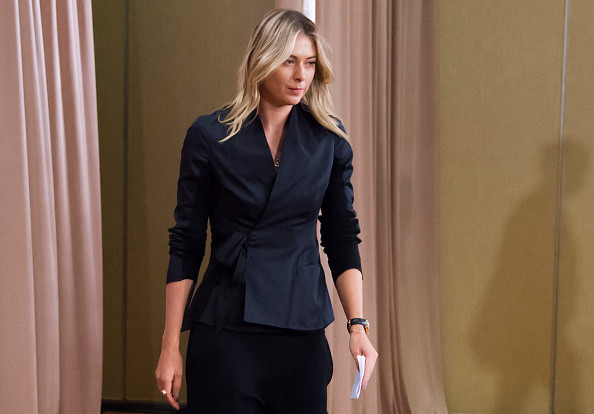Maria Sharapova might sue International Tennis Federation after drug ban reduced to 15 months
Maria Sharapova can return to tennis on 26 April, 2017.

Russian tennis player Maria Sharapova's legal team are mulling over the possibility of suing the International Tennis Federation (ITF) after Sharapova's doping ban for the use of meldonium was reduced from two years to 15 months.
The former world number one can now return to the Women's Tennis Association tour on 26 April, 2017 after her appeal judgement in the Court of Arbirtration for Sport (CAS) ruled that "the player bore some degree of fault for which a sanction of 15 months is appropriate".
This ruling saw an improvement on her original sentence of two years handed down by the ITF, which would have seen her return to the court only on 26 January, 2018. This decision by the ITF is what Sharapova's lawyers are set to go to court for, claiming that the Russian was forced to live with ITF's bad judgment and faulty ruling for months.
"The CAS decision is a stunning repudiation of the ITF and it exposes the ITF decision for what it is, pure fiction. Maria was forced to live with the ITF's bad judgment and faulty conclusions for many months", said John Haggerty, Sharapova's lawyer to The Telegraph.
The 29-year-old's representatives are busy preparing a case where they will emphasise that meldonium is widely used in Russia, with almost 30-40 million units consumed every year and that it stands on par with aspirin in the United States of America.
The Russian's lawyers have also criticised the lack of clear directive given by the ITF about meldonium's change of status comparing it to the more visible notices provided by the International Weightlifting Federation and the Russian Skating Union.
As it stands, Sharapova is likely to return to the court in time for the 2017 Roland Garros where she is a two-time winner.
© Copyright IBTimes 2025. All rights reserved.





















